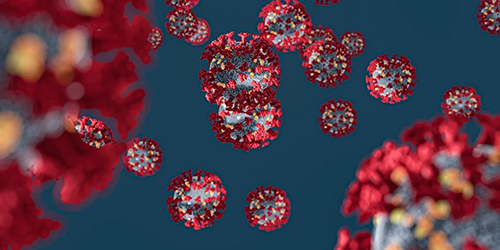|
Attribute
|
Human
|
Mouse
|
Rat
|
Rabbit
|
Guinea Pig
|
Bovine
|
|
Function
|
Used in human immunology research, autoimmune disease studies
|
Used in genetic and immunological studies for mouse models
|
Used in toxicology and infection models
|
Highly reactive complement, used in lysis assays
|
Considered more potent in hemolytic assays
|
Used in studies where cross-species complement is required
|
|
Pathway Activation
|
Activates classical, alternative, and lectin pathways, critical for human immunity
|
All pathways active, closely mimicking human complement activation
|
Strong activation of classical and alternative pathways, often used in inflammation
studies
|
Classical pathway dominates, highly efficient in lysis studies
|
Excellent for alternative pathway research due to sensitivity
|
Strong classical pathway, sometimes used as a substitute for human complement
|
|
Hemolytic Activity
|
High specificity to human erythrocytes
|
Moderate hemolytic activity, specific to murine erythrocytes
|
Moderate hemolytic activity, particularly in inflammatory contexts
|
Very high hemolytic activity, ideal for complement fixation assays
|
Exceptional hemolytic activity, used in classical pathway assays
|
Lower hemolytic activity compared to human and rabbit sera
|
|
Research Applications
|
Autoimmune disease models, infectious disease research, vaccine development, immune
regulation
|
Used in transgenic mouse models, antibody development, immune response modulation
|
Toxicology, infection models, inflammation studies
|
Classical pathway activation for complement fixation, hemolysis, and antibody
development
|
Strong alternative pathway studies, excellent for testing immune system compatibility
|
Veterinary research, xenotransplantation models, antibody production
|
|
Species Compatibility
|
Specifically reacts with human cells and proteins, high species specificity
|
Strong species-specific reactions with murine cells, but limited cross-reactivity with
other species
|
Works well within rat models but limited in cross-species applications
|
Useful in complement lysis studies, particularly for rabbit-specific assays
|
Often used as a model for alternative pathway reactions in other species
|
Cross-reactivity with other mammals, particularly in xenotransplantation
|
|
Availability
|
Commercially available in purified and native forms
|
Readily available
|
Readily available
|
Readily available
|
Readily available
|
Readily available
|

















